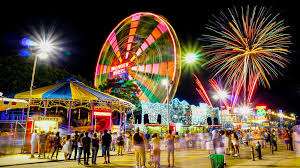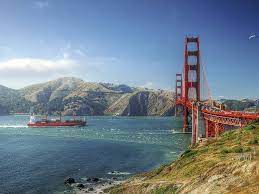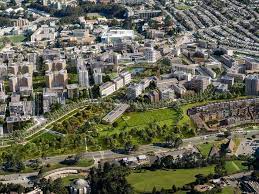How to plan an economical Swiss Tour
Switzerland: rolling green pastures, stunning mountain ranges, fabulous chocolates and stress inducing prices. It is a well-known fact that Switzerland is not a cheap destination to visit, in fact, it is the most expensive in the world. But if you can practice economy in some areas you will have the spare cash to splurge on the things you love. From choosing alternative accommodation providers to going off the beaten track with a Swiss tour guide, here are some tips for a more budget friendly trip.
Accommodation
?
The biggest cost allocation on your Swiss adventure will be accommodation. Try youth hostels and camping sites for a budget friendly option. Some hostels also offer specials prices when booking for certain days of the week or for trips of a certain length, check youthhostel.ch for information on these deals.
If you’re up to being a little more adventurous, try an alternative accommodation provider. Couch surfing pairs travellers with homeowners with a spare couch, and there are a number of websites where accommodation is provided in return for work, often helping on an organic farm or in a family home.
Transport
?
Travel is another area that can be taxing on your budget, and the small size of Switzerland means a number of cities and attractions are appealingly close. Switzerland’s cities and mountain attractions are well connected by trains well known for their punctuality. If you plan on doing a lot of train travel, consider the one month Swiss Half-Fare card, or the Swiss Pass. Do not board a train without a ticket, as you will be heavily fined.
Eating
?
Dining out and exploring a country’s cuisine is a favoured pastime for many travellers. However, buying your food supplies at the supermarket or a local market is another easy way to save money as you travel through Switzerland. Use your supermarket supplies to make a picnic in the park or on the banks of a lake, or cook using the facilities at your accommodation. Even if you don’t have access to kitchen bread, cheese and some meats make for an easy lunch, or add a bottle of wine to upgrade your picnic to a dinner. Refill a reusable water bottle at a tap or one of the public fountains providing clean, drinkable water. This not only saves you money but keeps another bit of plastic out of land fill. If you do want to eat out, many restaurants offer lunch deals making this a better choice over dinner.
Sight seeing
Switzerland’s mountains, lakes and hills are best experienced from close up. Luckily walking is free, so head into the great outdoors and onto some of the 440 well signposted hiking trails. Take hiking boots, a packed lunch and some of that famous Swiss chocolate with you.
Cities are also best viewed on foot, and walking around old towns and along lake fronts is another completely free activity. Switzerland’s cathedrals are free to visit, as are some museums. Check tourism websites for details on food markets, flea markets and free summer events taking place during your trip.
Also free are a number of travel guide sites and apps that have been produced by the Swiss tourism board, with information on cities, skiing, and other things you need to help plan your holiday, You can also find online travel guides with more free events.
Hire a tour guide
?
Another way to get the best out of Switzerland on a budget is to get off the beaten track. Restaurants at the right price can be found, if you know where to look for them. A knowledgeable Swiss tour guide will take you to neighbourhood bars and restaurants where the bright young things relax and play. Outside of the tourist centres and in the local hangouts better prices are often found. Of course the biggest benefit is that the quality of the holiday is enhanced with a knowledgeable guide who can share insights into local history and cultural customs.
Tight schedules and a thirst for a more unique experience are two reasons why travellers turn to a personal tour guide. (That said, an unwillingness to drive on the Switzerland might be another!) A personal tour guide offers an experience far removed from the traditional tour group. The guide will help you plan your trip itinerary to fit in the best and the most in your schedule. Attractions timings, distances, best times to visit places, these are all local tips your guide will incorporate into your trip plan. A knowledgeable guide will not only share their knowledge of Italian history – and with thousands of years of art and history on offer this is no mean feat – but also explain local customs and give their personal tips on where to stop for a morning espresso. Or an afternoon gelato. Or that evening aperitivo..this was a food tour, right?



